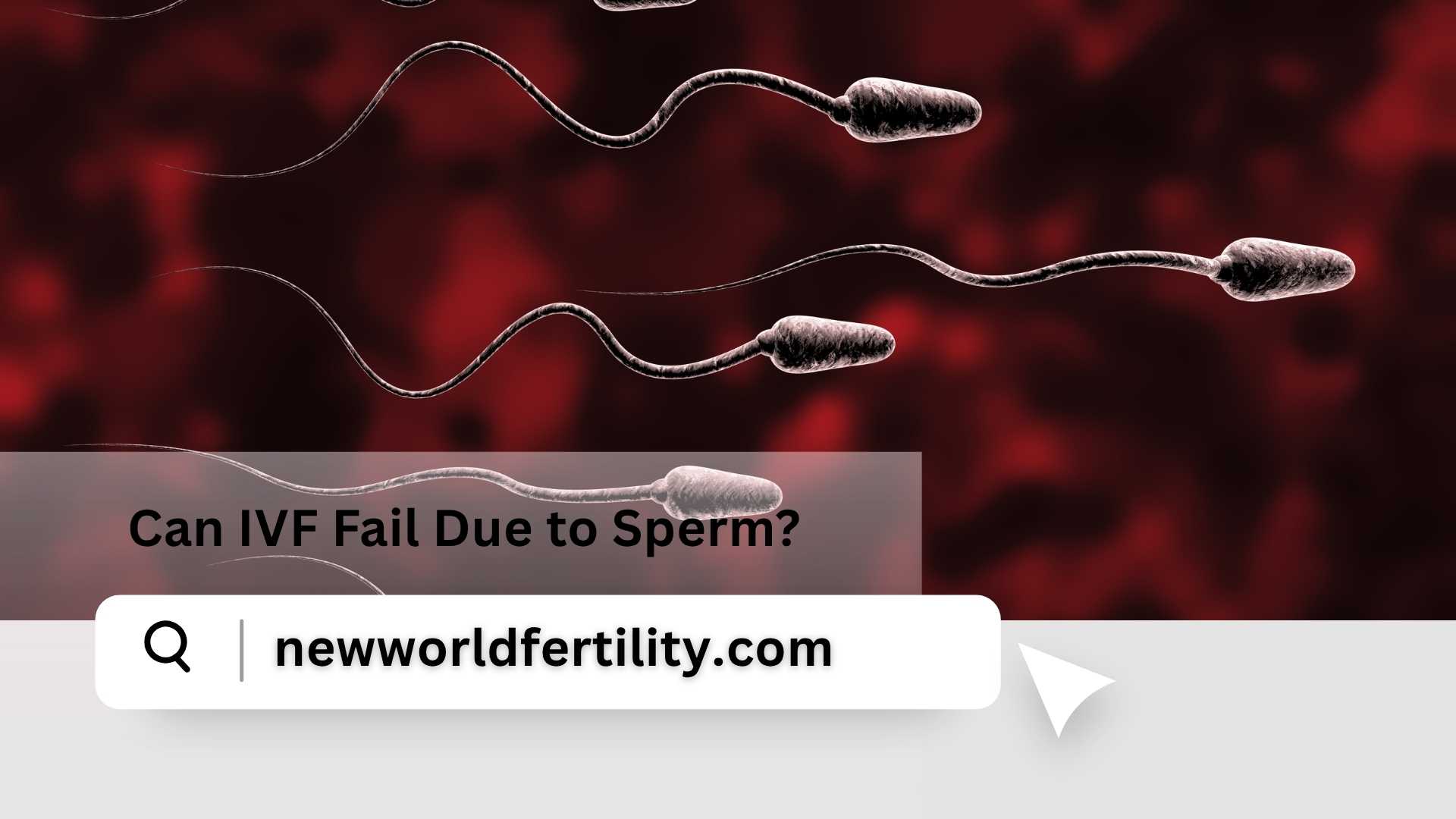Can IVF Fail Due to Sperm?
While IVF is a powerful tool for many couples struggling with infertility, it's important to understand that success isn't guaranteed. One factor that can significantly impact the outcome is sperm quality.
Understanding Sperm Quality
Sperm quality encompasses several key factors:
Count: The number of sperm in a given sample.
Motility: The ability of sperm to move forward.
Morphology: The shape and structure of sperm.
DNA Fragmentation: The degree of damage to the sperm's DNA.
How Sperm Quality Can Affect IVF
Fertilization: Poor sperm quality can reduce the chances of fertilization, as a healthy sperm is required to penetrate and fertilize the egg.
Embryo Development: The genetic material of the sperm contributes to the development of the embryo. Poor sperm quality can increase the risk of chromosomal abnormalities or other developmental issues.
Implantation: A healthy embryo is more likely to implant successfully in the uterine lining. Sperm quality can play a role in the overall health and viability of the embryo.
Assessing Sperm Quality
A semen analysis is a common procedure used to evaluate sperm quality. This test assesses the sperm count, motility, morphology, and may also include an evaluation of DNA fragmentation.
Improving Sperm Quality
While some factors affecting sperm quality are beyond individual control, certain lifestyle changes can improve sperm health:
Healthy Diet: A balanced diet rich in antioxidants, vitamins, and minerals can support sperm health.
Regular Exercise: Moderate physical activity can improve blood flow to the reproductive organs.
Weight Management: Maintaining a healthy weight can help regulate hormone levels and improve sperm quality.
Limit Alcohol and Tobacco: Excessive alcohol consumption and smoking can negatively impact sperm health.
Reduce Stress: Chronic stress can affect hormone levels and fertility.
Avoid Excessive Heat: Exposure to excessive heat, such as from saunas or hot tubs, can damage sperm.
Advanced Sperm Techniques
In cases of severe sperm quality issues, advanced techniques may be considered:
Intracytoplasmic Sperm Injection (ICSI): This technique involves injecting a single sperm directly into the egg, bypassing the need for natural fertilization.
Testicular Sperm Extraction (TESE): For men with complete or partial azoospermia (no sperm in the ejaculate), TESE involves surgically retrieving sperm from the testicles.
The Role of Fertility Specialists
At New World Fertility Centre, our experienced fertility specialists can assess your individual situation and recommend appropriate treatment options. We offer comprehensive fertility evaluations, including semen analysis, and can provide guidance on lifestyle changes and advanced techniques to improve your chances of success.
Conclusion
While sperm quality can be a factor in IVF success, it's important to remember that it's not the only determining factor. With proper evaluation, lifestyle changes, and advanced techniques, many couples with sperm quality issues can achieve successful pregnancies.
Frequently Asked Questions (FAQs)
1. How does sperm quality affect IVF success?
Sperm quality impacts fertilization rates, embryo development, and overall chances of a successful pregnancy.
2. What factors are considered in sperm quality assessments?
Key factors include sperm count, motility, morphology, and DNA integrity.
3. Can poor sperm quality be improved?
Yes, lifestyle changes and medical interventions can enhance sperm health and quality.
4. What tests are used to assess sperm quality?
Common tests include semen analysis and DNA fragmentation tests.
5. How can I improve my sperm quality?
Maintaining a healthy diet, exercising regularly, reducing toxin exposure, and considering supplements can help improve sperm health.
6. What should I do if my sperm quality is low?
Consult with a fertility specialist at New World Fertility Centre for personalized evaluation and treatment options.

 Oct-08-2025
Oct-08-2025